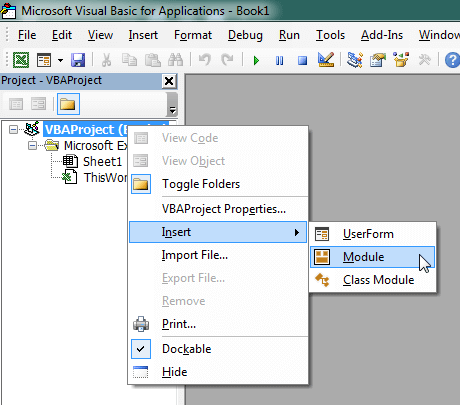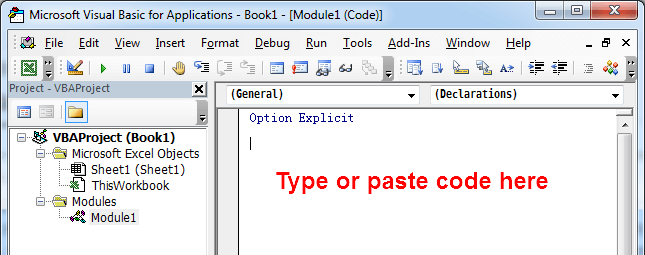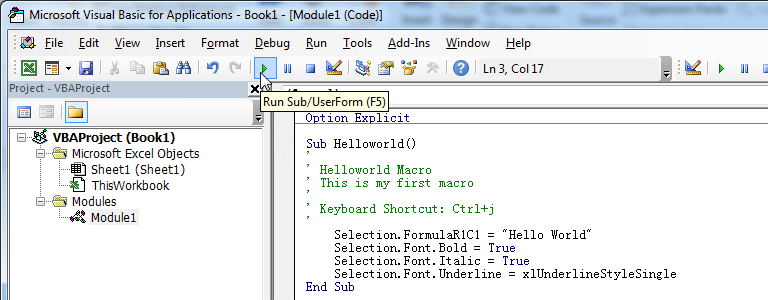The Excel VBA Now function is a built-in function in Excel that return the current system date and time, but not contains milliseconds. We can't use Now to convert ISO 8601 UTC time stamp, so, we need a Macro to do this.
Convert Current System Time to ISO 8601 UTC Time Stamp
'Private Declare Sub GetSystemTime Lib "kernel32" (lpSystemTime As SYSTEMTIME) 'windows 32bit
Private Declare PtrSafe Sub GetSystemTime Lib "kernel32" (lpSystemTime As SYSTEMTIME) 'windows 64bit
Private Type SYSTEMTIME
Year As Integer
Month As Integer
DayOfWeek As Integer
Day As Integer
Hour As Integer
Minute As Integer
Second As Integer
Milliseconds As Integer
End Type
Public Function ISO8601TimeStamp() As String
Dim t As SYSTEMTIME, currentime As String
GetSystemTime t
CurrentTime = t.Year & "/" & t.Month & "/" & t.Day & " " & t.Hour & ":" & t.Minute & ":" & t.Second & "." & t.Milliseconds
ISO8601TimeStamp = Application.WorksheetFunction.Text(CurrentTime, "yyyy-mm-ddThh:MM:ss.000Z")
End Function
Public Function ISO8601TimeStampNoMS() As String
Dim dt As Object, utc As Date, timestamp As String
Set dt = CreateObject("WbemScripting.SWbemDateTime")
dt.SetVarDate Now
utc = dt.GetVarDate(False) 'False: UTC time, True: local time.
ISO8601TimeStampNoMS = Application.WorksheetFunction.Text(utc, "yyyy-mm-ddThh:MM:ss.000Z")
Set dt = Nothing
End FunctionExamples
With Milliseconds
=ISO8601TimeStamp()If you need to refresh the value in real time:
=ISO8601TimeStamp()&T(NOW())No Milliseconds
=ISO8601TimeStampNoMS()If you need to refresh the value in real time:
=ISO8601TimeStampNoMS()&T(NOW())How to Use This Macro
Most VBA code should be placed in Standard Modules unless specified.
If you see a comment '------------------ Modules------------------ in the code header that means put the code in a Standard Module. For more information, learn this course: Where should I put the Excel VBA code?
The following steps teach you how to put VBA code into a Standard Module:
- Activate the Visual Basic Editor by pressing ALT + F11.
- Right-click the project/workbook name in the Project Window.
- Choose Insert -> Module.

- Type or paste the code in the newly created module. You will probably need to change the sheet name, the range address, and the save location.

- Click Run button on the Visual Basic Editor toolbar.

- For more information, learn this course: Programming with Excel VBA